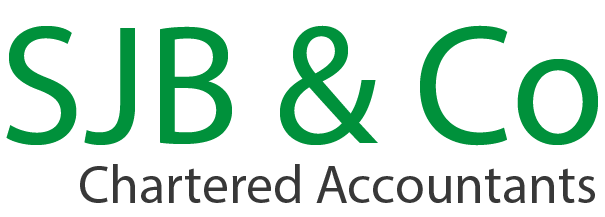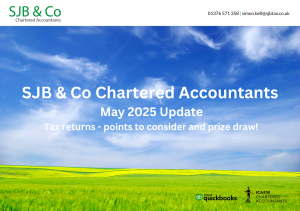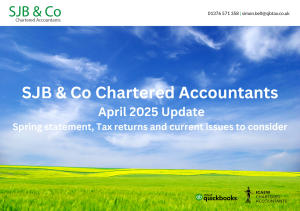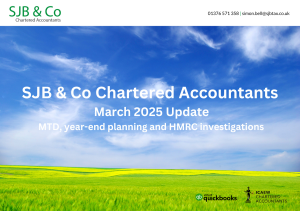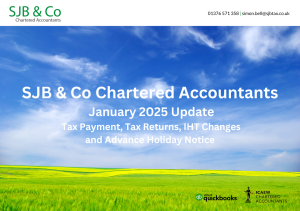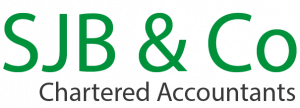A summary of the changes announced to increase funding for the NHS and social care budgets from April 2022
The National Insurance (NIC) and dividend tax increases announced yesterday will apply from April 2022 and will be repackaged, in part, as a Levy from April 2023. This Levy will also affect retired persons still working from April 2023.
NIC changes
- From April 2022, employees, employers and the self-employed will see increases in their Class 1 (employers and employees) and Class 4 (the self-employed and business partners) contributions of 1.25%.
- In April 2023, assuming that HMRC can adapt their system in time, this increase will be renamed the Health and Social Care Levy and will be shown as a separate deduction on payslips and self-assessment statements.
- Starting from April 2023, the new Levy will also be payable by individuals who continue to work above the State Pension Age. Presently, pensioners who fall into this category pay no NIC deductions.
- Class 2 and Class 3 NIC deductions will not be affected by these changes.
- Most employers will not pay the 1.25% increase in their Class 1 contributions for 2022-23 or the new Levy from April 2023, as both will be covered by the present employment allowance (£4,000 in 2021-22). It is estimated that 70 per cent of the money raised from businesses will come from the largest one per cent of businesses – those with at least 250 employees.
Dividend tax changes
Director/shareholders should note that a similar 1.25% hike in the rates of tax they pay on dividends will also apply from April 2022.
From April 2022, the dividend tax increases will apply as follows:
- Basic rate taxpayers will see an increase from the present 7.5% to 8.75%.
- Higher rate taxpayers will have an increase from 32.5% to 33.75%.
- Additional rate taxpayers will see an increase from 38.1% to 39.35%.
This change will apply UK-wide. It will be confirmed as part of the next Budget and legislated for in the next Finance Bill.
The present £2,000 tax-free dividend allowance will continue, and due to the £2,000 tax-free dividend allowance and the personal allowance, around 60 per cent of individuals with dividend income outside of ISAs are not expected to pay any dividend tax or be affected by this change in 2022-23.
The change will affect director/shareholders who have adopted a high dividend, low salary approach to reduce their NIC footprint.
It should be noted that these changes will not effect rental income, pension income or dividend income less than £2,000. As a result many pensioners will be unaffected and for investors receiving dividend income this increases the benefit of using ISAs where possible.
The social care changes will increase the savings cap at which people have to start to contribute to the cost of care. A cap on the maximum care costs anyone will have to pay of £86,000 towards care costs will be introduced but the full implications are unclear and further details are awaited.
